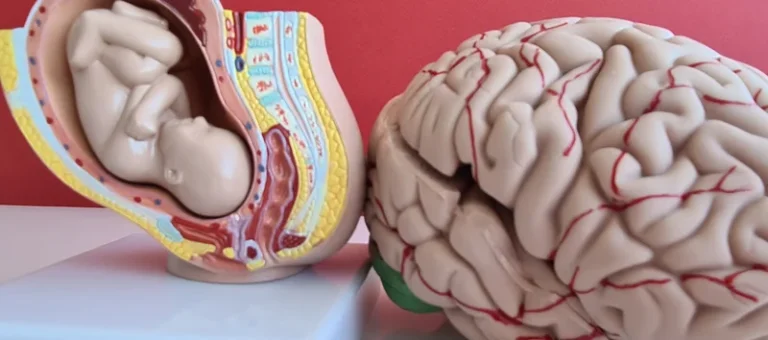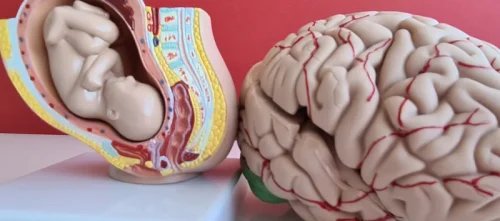
Without support, it’s easy to fall back into old patterns when the road gets tough. If you’re ready to admit you have a drinking problem, you’ve already taken the first step. It takes tremendous strength and courage how to recognize signs and symptoms of alcoholism and alcohol abuse to face alcohol abuse and alcoholism head on.
Understanding Alcoholism and the Signs of Severe Drinking Problems

A health care provider might ask the following questions to assess a person’s symptoms. You care about your loved ones, but you can’t imagine your life without alcohol. Your drinking has led to trouble with your family or friends, or made problems worse, yet you continue to drink.
Is there a cure for alcohol use disorder?
- Unlike cocaine or heroin, alcohol is widely available and accepted in many cultures.
- The frontal area of our brain, which is involved in (functions such as) executive functioning and planning … that is not as developed in teens, and alcohol affects that.
- For some people, these occasions may also include drinking—even binge or high-intensity drinking.
- While cirrhosis scars from excessive drinking are irreversible, quitting alcohol and leading a healthier lifestyle can help your liver heal from alcohol-related liver disease.
Recognizing the early signs and risk factors for AUD can help you seek early treatment and intervention to break alcohol misuse patterns. Many people with AUD continue to drink even as they develop health problems related to drinking. Over the long term, AUD may lead to serious health conditions, while worsening others.
About Medical News Today

Talk with a treatment provider today to find out more about the decisions you can make to better your future. If you’re ready to live a healthy, sober lifestyle, help is available. During the teenage years, some adolescents lack confidence and long to fit in with their peers.

It can be hard to see there is a problem even if the drinking is negatively impacting your health and your life. Males, college students, and people going through serious life events or trauma are more likely to experience AUD. Research shows a high correlation between alcohol misuse and high-risk sexual behavior, violence, crime, self-injury, and fatal injury from things like motor vehicle accidents. People with AUD represent about 20–35 percent of completed suicides.
Understanding the symptoms and effects of alcoholism can help you recognize when someone you love needs help. In addition to getting professional treatment and support, there are things that you can do to help feel better and improve your chances of recovery. While the exact causes of alcoholism are not known, a number of factors can play a role. The condition is likely the result of a combination of genetic, social, psychological, and environmental factors. Know the danger signals, and if you suspect that someone has an alcohol overdose, call 911 for help immediately. Do not wait for the person to have all the symptoms, and be aware that a person who has passed out can die.
- Treatment programmes at Priory can be on a residential, inpatient basis at one of our leading hospital sites across the UK, allowing you to receive round-the-clock treatment.
- In 2014, roughly 16.3 million adults in the U.S. had an alcohol use disorder (AUD).
- By keeping you from looking honestly at your behavior and its negative effects, denial also exacerbates alcohol-related problems with work, finances, and relationships.
- Sober communities can also share relatable experiences and offer new, healthy friendships.
- People with severe or moderate alcohol use disorder who suddenly stop drinking could develop delirium tremens (DT).
As the effects of alcohol wear off, you may have trouble sleeping, shakiness, irritability, anxiety, depression, restlessness, nausea, or sweating. Alcohol changes your brain chemistry, and when you drink heavily over a long period of time, your brain tries to adapt. If you suddenly stop drinking, your brain has to adjust again, causing these withdrawal symptoms. Participating in a recovery program with the help of a rehab specialist will give you the greatest chance for long-term sobriety. Treatment providers guide you through every step of the recovery process and help you set achievable sobriety goals. After rehab, your specialist will put you in touch with alcohol abuse counselors and support groups, like Alcoholics Anonymous and Al-Anon.
Alcohol rehab

We’re here 24/7 to help guide you or your loved on through rehab and recovery. Submit your number to receive a call today from a treatment provider. Many adolescents who participate in underage drinking are unaware of the long-lasting complications that can transpire from alcohol use.
To get a clearer idea of whether someone is suffering from alcohol abuse disorder, you could use a series of screening questions like CAGE. It’s recommended that if you or someone you know, answers ‘yes’ to two or more of the four questions, this can indicate a drinking problem and the need for professional assistance. Take https://ecosoberhouse.com/ action today with Priory’s expert support and personalised treatment plans, designed to help you overcome alcohol addiction and build a healthier future. Recognising the early signs of alcohol use disorder is the first step towards reclaiming control and beginning your journey to recovery.
- Drinking to relieve or avoid withdrawal symptoms is a sign of alcoholism and a huge red flag.
- Do you continue to drink even though you know it’s causing health problems, or making those problems worse?
- But you are deceiving yourself if you think that your drinking hurts no one else but you.
Telling yourself you can quit makes you feel in control, despite all evidence to the contrary and no matter the damage it’s causing. For example, you recognize that your alcohol use is damaging your marriage, making your depression worse, or causing health problems, but you continue to drink anyway. You spend a lot of time drinking, thinking about it, or recovering from its effects. You have few if any interests or social involvements that don’t revolve around drinking. Get professional help from an online addiction and mental health counselor from BetterHelp. Enter your phone number below to receive a free and confidential call from a treatment provider.
